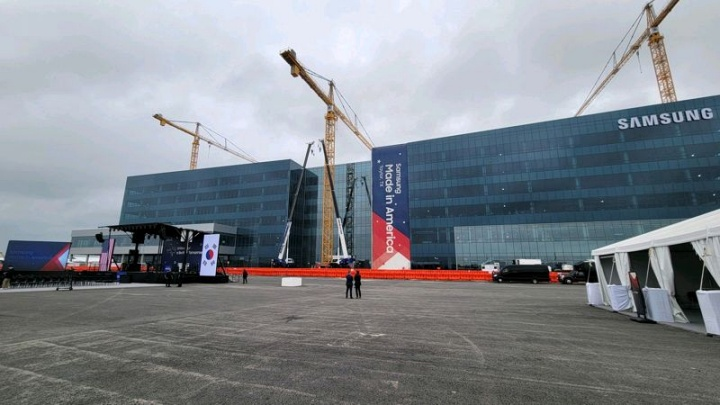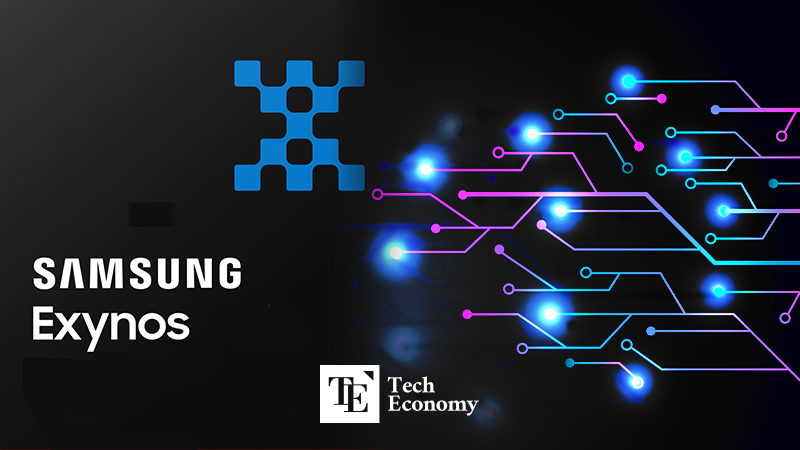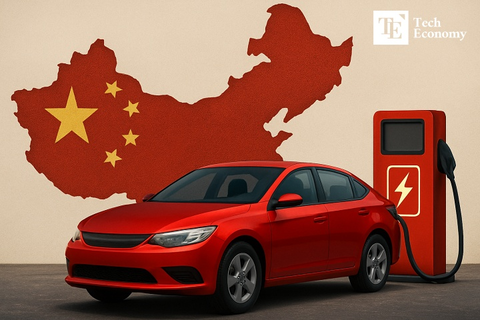Samsung Lands $16.5 Billion Tesla Deal, Breaking Through Yield Concerns to Stage a Comeback
Input
Modified
Samsung to Produce Tesla’s Next-Gen Self-Driving Chip Can It Overcome Past Struggles with Technology? Exynos Rebound Signals Path to Recovery

Samsung Electronics has secured a major foundry contract worth approximately $16.5 billion, a deal poised to reshape the dynamics of the advanced semiconductor market. The agreement—reached despite lingering industry doubts over Samsung’s yield stability—is being called a highly unusual development. Having suffered a string of high-profile client defections due to persistent technical challenges, Samsung is hoping this new win marks the beginning of a broader turnaround.
Massive Order Precedes Commercialization of Advanced Node
On July 28, Samsung publicly disclosed a semiconductor foundry contract valued at $16.544 billion, equivalent to 7.6% of its 2023 consolidated revenue—its largest-ever single supply deal. The contract period runs from July 24 of this year through December 31, 2033. Samsung noted that the identity of the client and key contract terms would remain confidential due to business secrecy protections.
However, Tesla CEO Elon Musk revealed the deal himself via social media, confirming that Samsung was the counterparty. In a post on X (formerly Twitter), Musk stated, “Samsung’s new plant in Texas will be dedicated to producing Tesla’s next-generation AI6 chips,” adding, “The strategic importance of this facility cannot be overstated.” The AI6 chip is expected to serve as the core processor powering Tesla’s next-generation autonomous driving capabilities.
The significance of the deal lies in the fact that it was signed even before Samsung’s sub-3nm process nodes had reached full commercial deployment. Internally, Samsung is still working to stabilize yield rates for its most advanced processes, making the large-scale order for Tesla’s 2nm-class AI6 chip particularly noteworthy. Traditionally, foundry clients have waited until yield rates reach stable levels before signing contracts. Tesla’s decision suggests that market positioning took precedence over full technical validation.
The contrast with AMD is telling. As recently as May, AMD had been considering Samsung as a supplier but ultimately switched to TSMC due to yield concerns—despite having to pay a premium. That order involved the relatively mature 4nm node. Within the industry, this move was widely interpreted as evidence of Samsung’s technological lag and a sign that customers were prioritizing reliability over profitability. The decision significantly dented Samsung’s reputation for foundry credibility.
Yield Stuck Well Below 60% Profitability Threshold
Samsung’s foundry division has long struggled with technological hurdles. In particular, its sub-3nm processes have suffered from persistently low yields, repeatedly falling short of demonstrating reliable mass production capabilities. In the semiconductor industry, a wafer yield of at least 60% is generally seen as the minimum threshold for profitability. Recent reports indicate that Samsung’s sub-3nm yields remain in the 30–40% range.
As a result, many fabless clients have opted for TSMC instead. Last July, Google decided to have TSMC manufacture the Tensor G5 application processor for its Pixel 10 smartphones. Apple is also reportedly using TSMC’s third-generation 3nm process (N3P) to produce the A19 and A19 Pro chipsets for its next iPhone lineup.
While key clients were walking away, Samsung failed to narrow the technological gap with its top rival. The company’s global foundry market share shrank from 9.1% in Q3 2023 to just 8.1% in Q4, while TSMC maintained a commanding 67.1% share.
Yield improvement is seen as critical for Samsung, given the structure of the foundry business. These operations require massive capital expenditures and long development cycles. Prolonged low yields increase fixed-cost burdens and erode margins. Samsung now faces the intertwined challenges of improving product quality, rebuilding trust, and restoring profitability.

Signs of a Comeback in Mobile AP Segment
Amid these challenges, Samsung has signaled a potential turnaround by equipping its flagship Galaxy smartphone with its in-house Exynos 2500 application processor. Built on Samsung Foundry’s 3nm process, the Exynos 2500 has received favorable reviews for its performance and thermal management compared to previous generations. Long criticized for overheating and inconsistent performance, Samsung is now showing signs of tangible technological progress, according to both industry analysts and consumers.
This marks a notable shift from the recent past, when Samsung lost multiple key clients in the mobile SoC space. A particularly telling case was Qualcomm. After experiencing thermal and performance issues with Snapdragon chips built on Samsung’s 4nm process, Qualcomm moved its flagship product line to TSMC in 2023. Snapdragon chips produced by TSMC on the same node showed marked improvements in performance and power efficiency, effectively severing Qualcomm’s technical confidence in Samsung.
This situation highlights not just the loss of one major client but a broader erosion of trust in Samsung’s foundry capabilities. With TSMC dominating the market, Samsung was struggling to retain even existing customers due to its technological shortcomings. In the case of performance-sensitive clients like Qualcomm, reclaiming business will require more than just new orders—it will demand compelling proof of technical maturity.
Seen in this light, the Tesla contract and the technical improvements in the Exynos 2500 may serve as a compelling proof point as Samsung works to rebuild relationships with former clients. While companies that previously left Samsung are likely to remain cautious, evidence of reliable performance in consumer devices could pave the way for renewed partnerships. Ultimately, such developments may have significant implications for the competitive dynamics of the global foundry market.





















